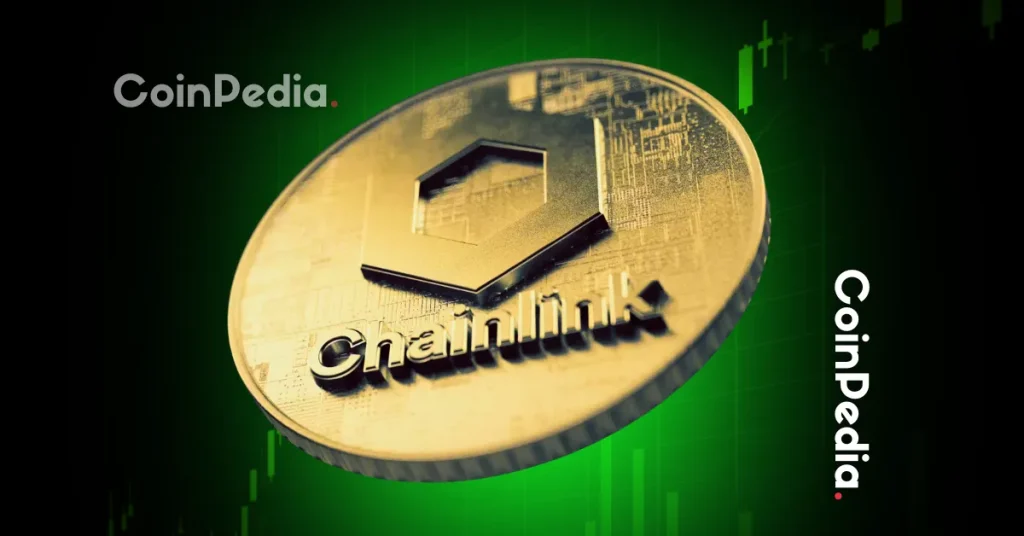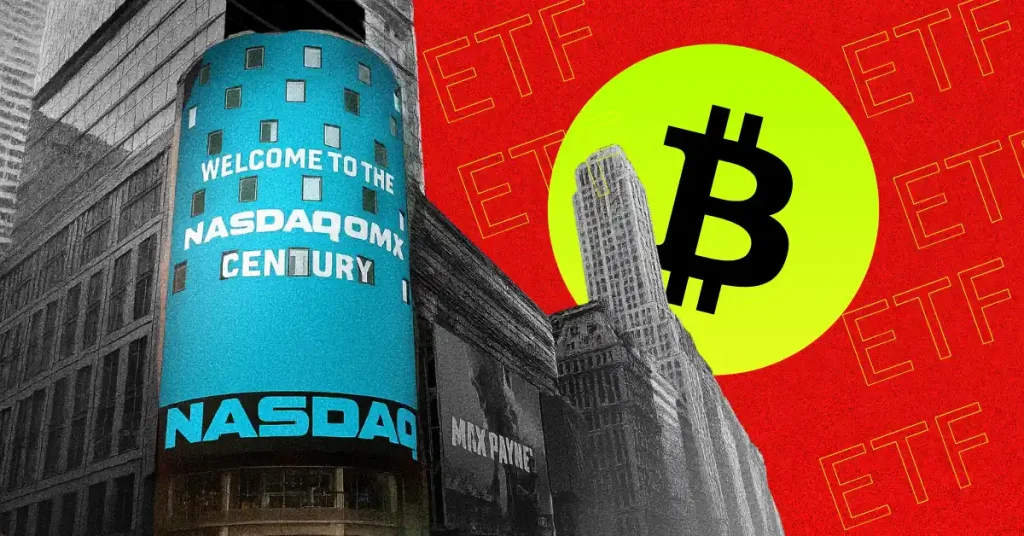
The U.S. Securities and Exchange Commission (SEC) is intensifying its confrontation with major cryptocurrency exchanges Binance and Coinbase, but the European Parliament of the European Union (EU) The Markets in Crypto-Assets Act (MiCA) was passed in May. It presents an entirely new framework that officials say will provide clarity to blockchain innovators.
Better than America
Few of the internet giants that dominate the world of Web2 are based in the EU. But some within the EU say Europe could gain an edge by adopting an approach that puts regulations in place before other regions and sees how the market reacts.
In other words, there are those who argue that MiCA will give them an advantage in competing with the United States. In the U.S., major cryptocurrency companies have complained that the SEC has been conducting a series of enforcement actions without setting clear rules.
“What we hear from businesses today is that many of them want growth, security and risk management,” said Joachim Schwerin, the European Commission’s chief economic growth economist.
“You never know what’s going to happen in America, so we come here. This is good for us and good for competition.”
The SEC sued Binance on May 5 and Coinbase on May 6. Under existing law, crypto assets such as Solana (SOL), Cardano (ADA), and Polygon (MATIC) are securities and should be registered with the SEC to provide trading, clearing and brokerage services for crypto assets. claims it was.
Binance US denounces SEC allegations as “baseless.” Coinbase Chief Legal Officer Paul Grewal also said it would hurt America’s competitiveness.
Meanwhile, the EU’s Schwerin said: “We can’t believe that regulators can sit in their offices and wait for someone to come in for advice or information and decide whether to arrest them before they leave. No,” he said. “That’s not the division of labor that we do in Europe.”
Different regulatory approaches
The EU adopts a different approach from the US and legislates individual tailor-made mechanisms. Proponents say they are more in line with what cryptocurrencies are aiming for.
MiCA’s main negotiator, Ondřej Kovařík, who heads the economically liberal Renew Europe party, said the MiCA would eliminate the kind of uncertain enforcement measures seen in the US. You seem to agree.
Mr. Kovacik said that the attitude of the U.S. authorities was “let it go and then let it stop… …there is no such approach in the EU.” can be,” he continued.
He has heard that several companies may consider shifting to Europe for the new framework offered by MiCA, while stressing that the law needs to be well enforced.
EU and Member State regulators will work out the details of the MiCA over the next 12-18 months. “If it doesn’t work, efforts in this direction could easily be reversed,” Kovacik said.
France is believed to have had the most developed crypto licensing regime even before the MiCA was passed, and US companies moving offshore are “welcome,” the country’s regulator said.
Meanwhile, in the United States, Republican Rep. Patrick McHenry said that crypto-assets are likely to boost innovation, so Europe’s relative success in enacting crypto-related legislation is not surprising. It should send chills down the spines of Americans,” he said.
|Translation: coindesk JAPAN
|Editing: Rinan Hayashi
| Image: Ralph/Pixabay
|Original: US SEC Enforcement Could Boost Europe’s Crypto Chances, Officials Say
The post SEC’s Binance and Coinbase lawsuits are ‘European opportunities’: EU officials | CoinDesk JAPAN | CoinDesk Japan appeared first on Our Bitcoin News.

 2 years ago
131
2 years ago
131














 English (US) ·
English (US) ·